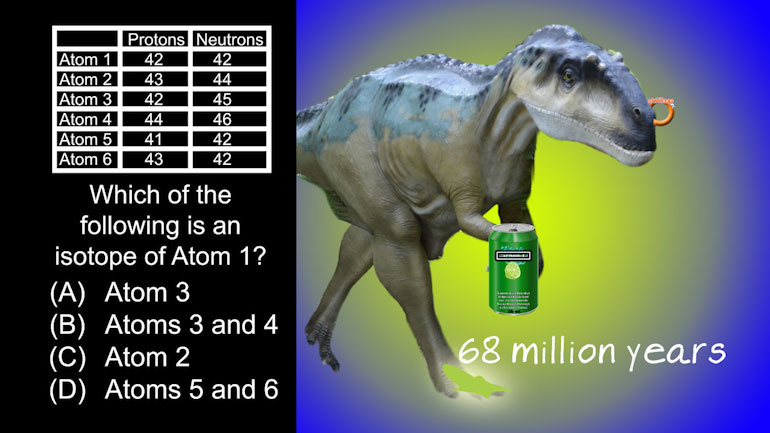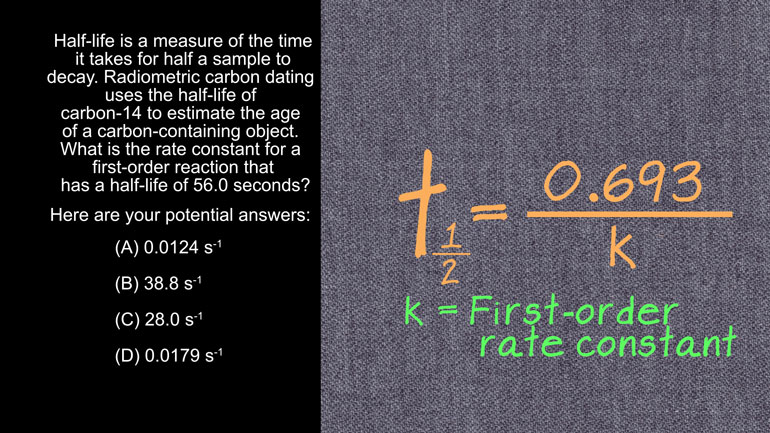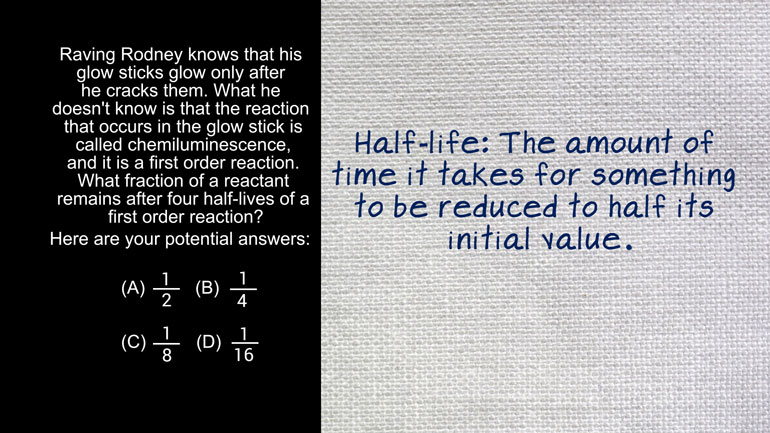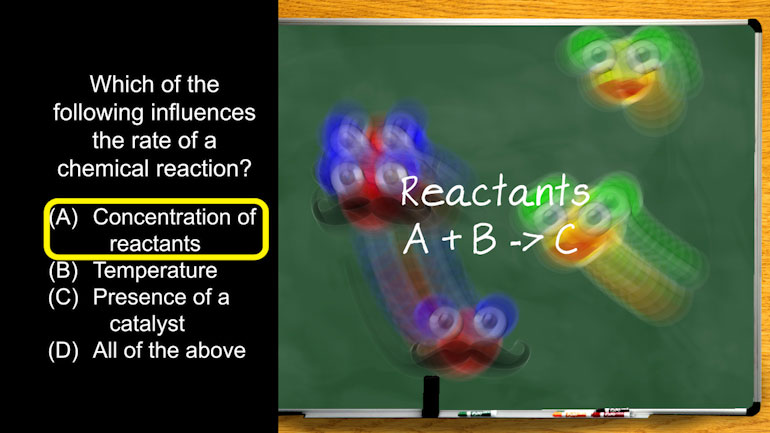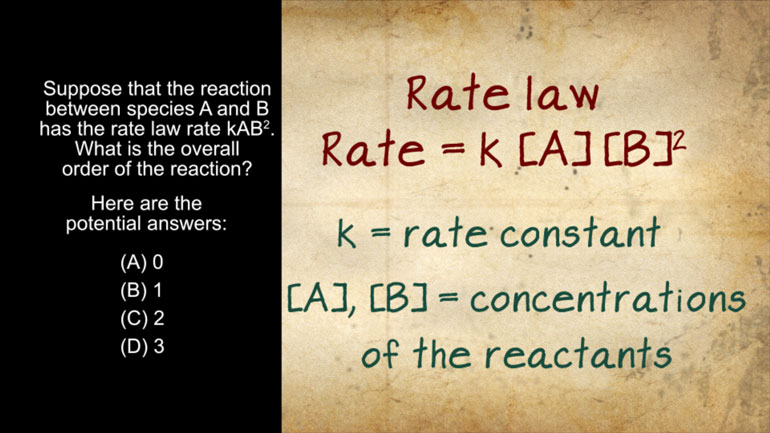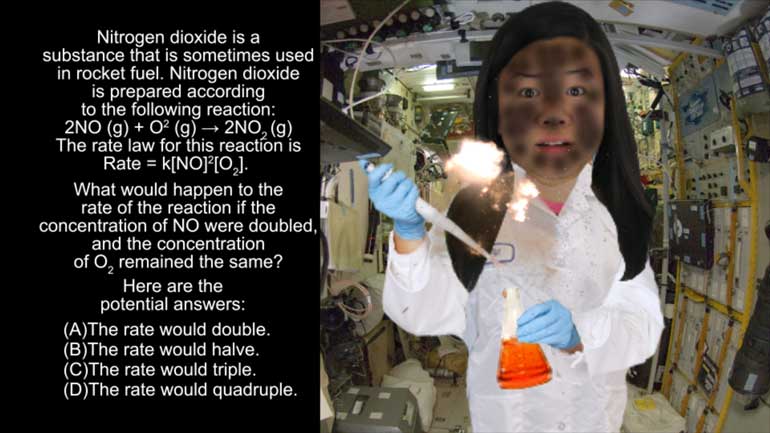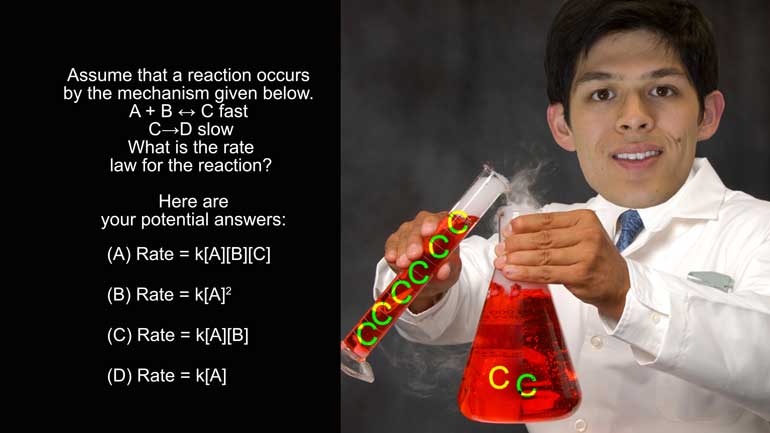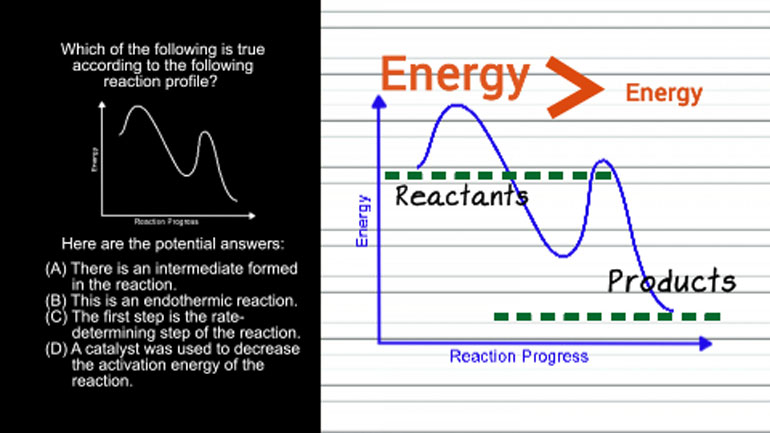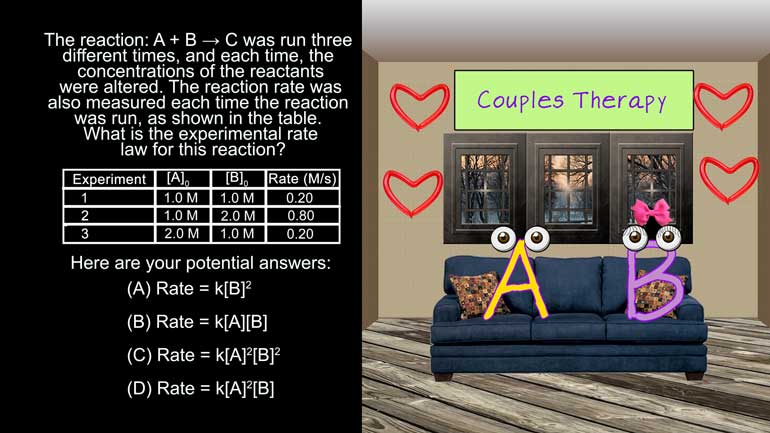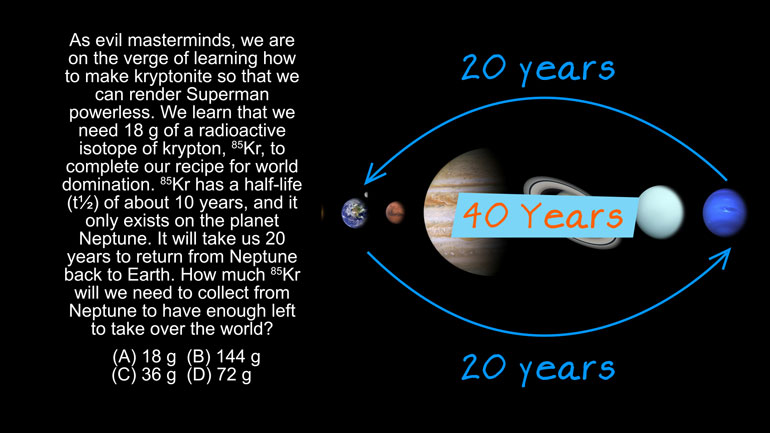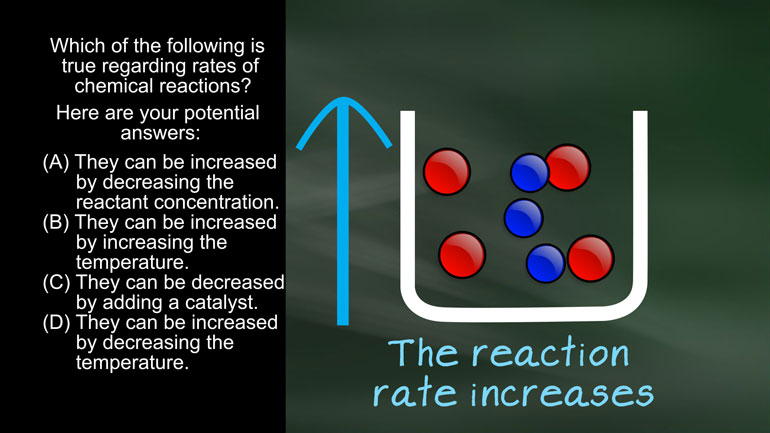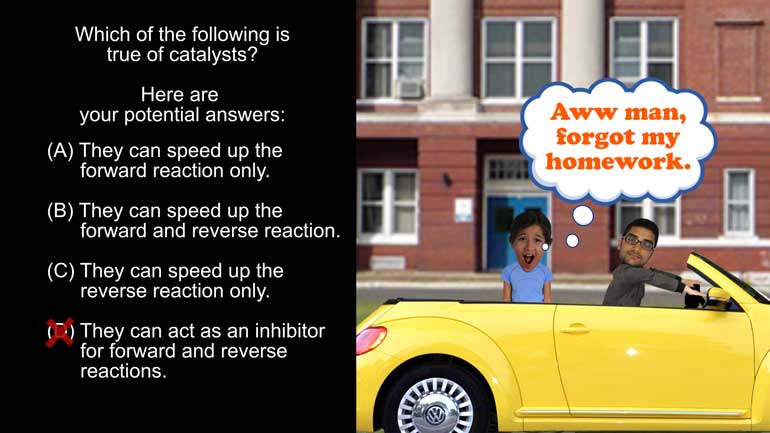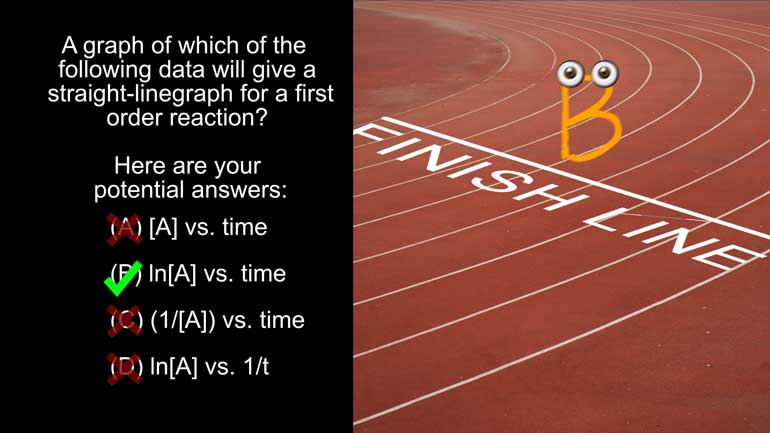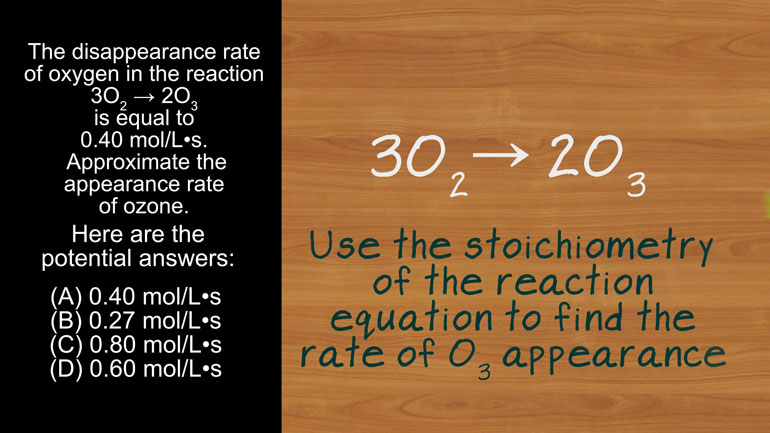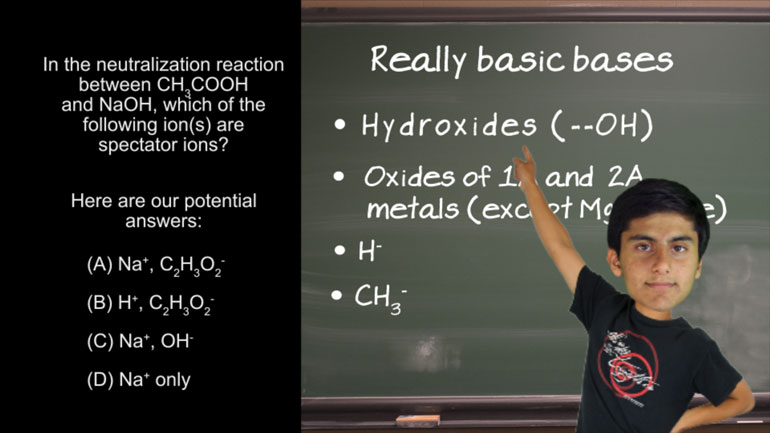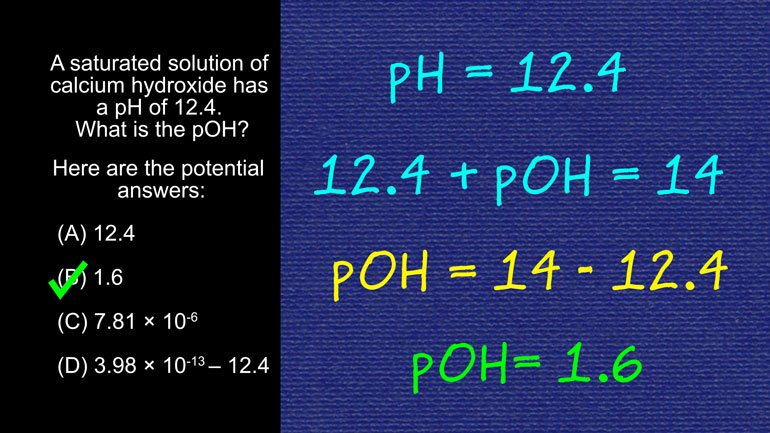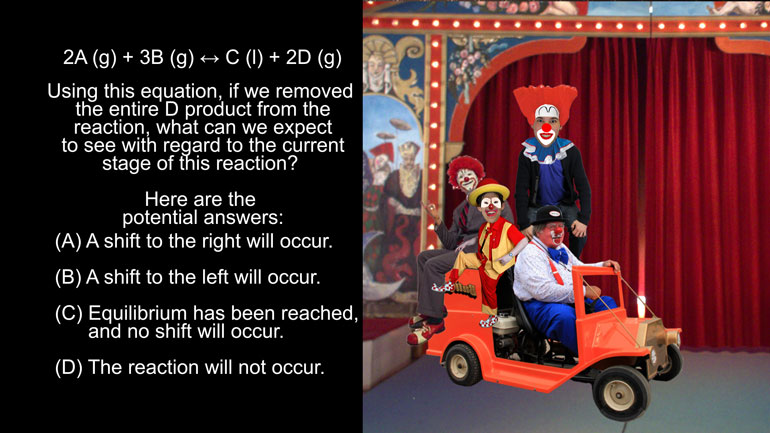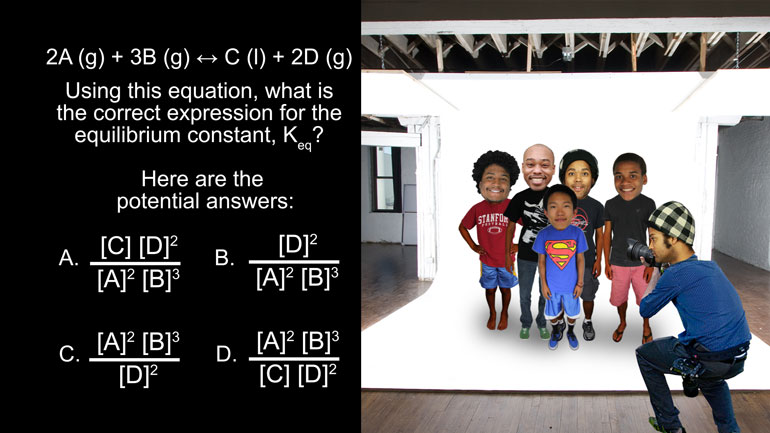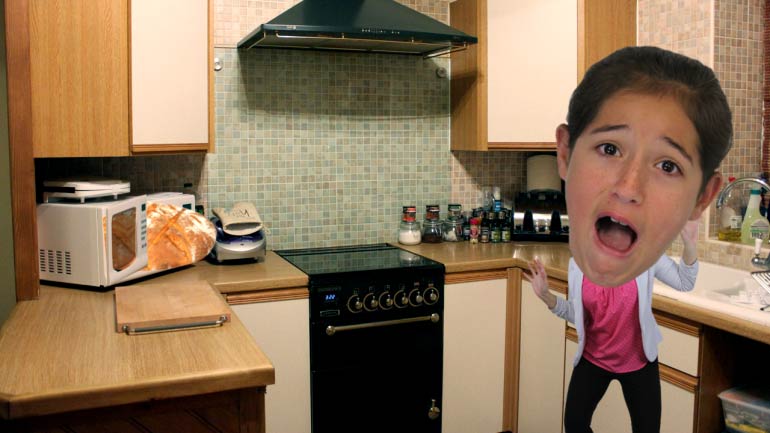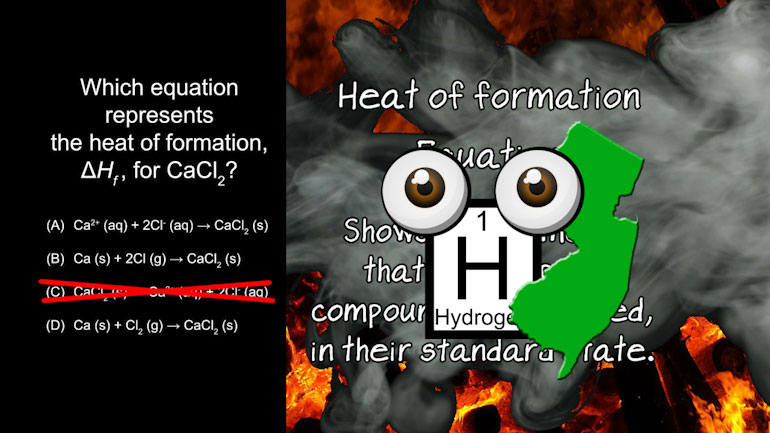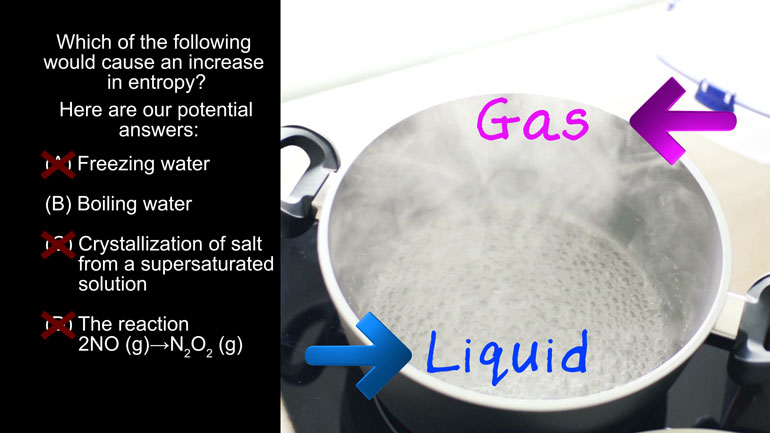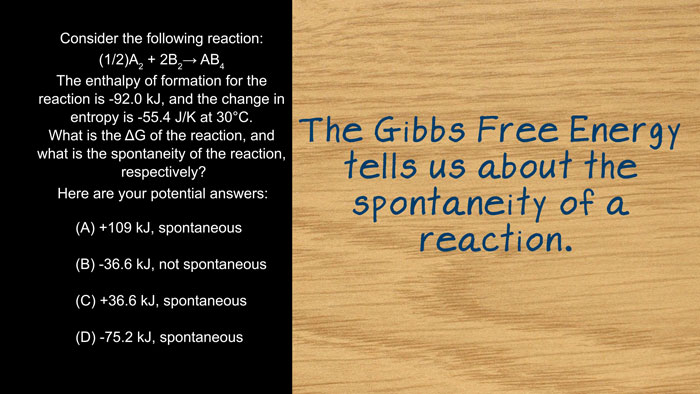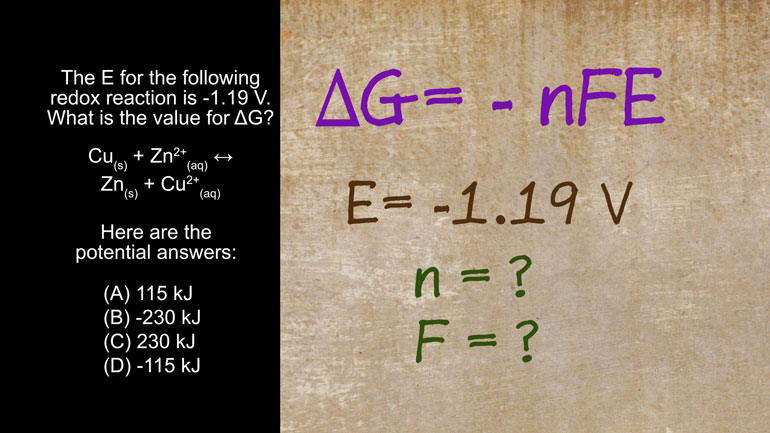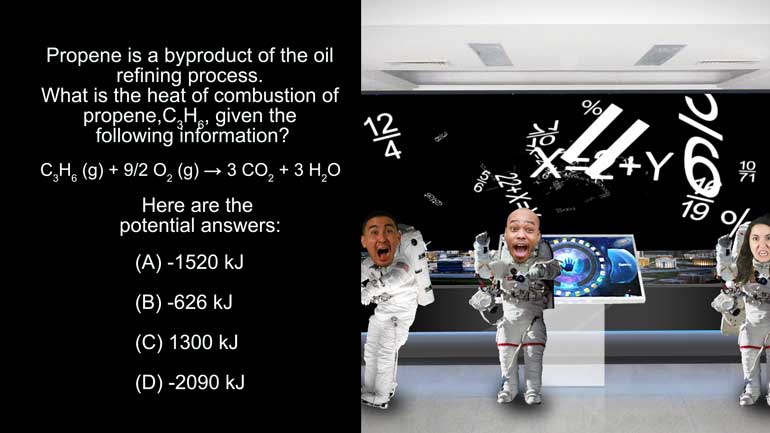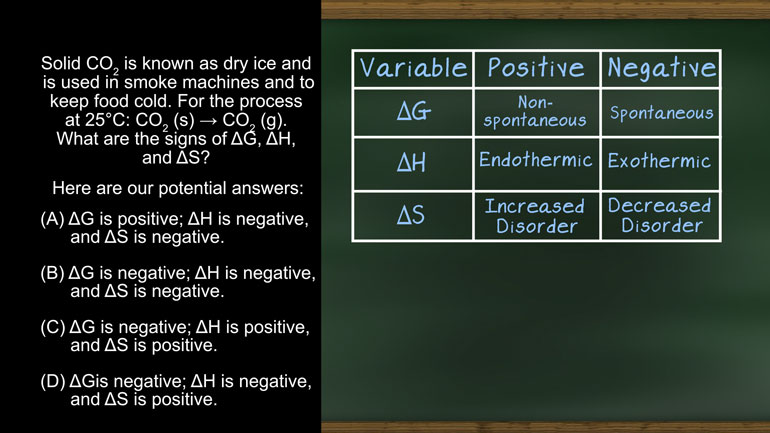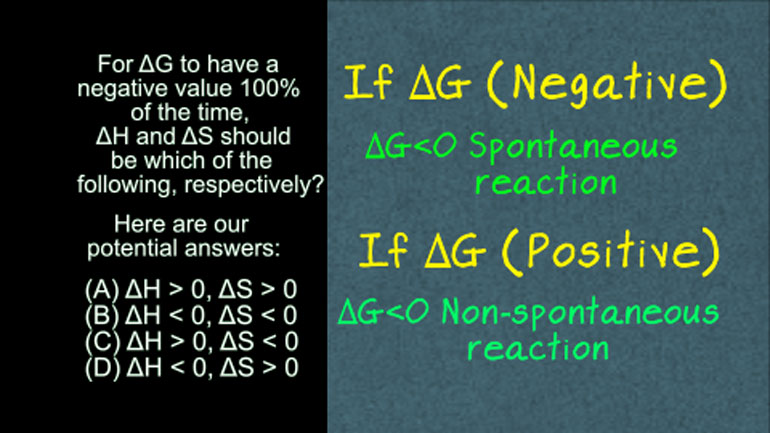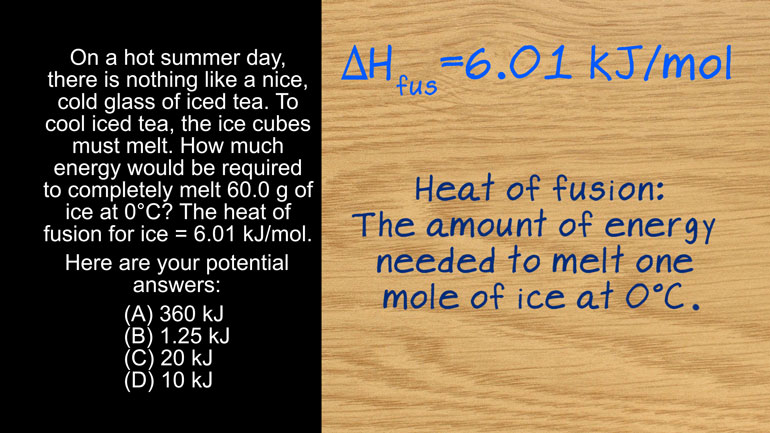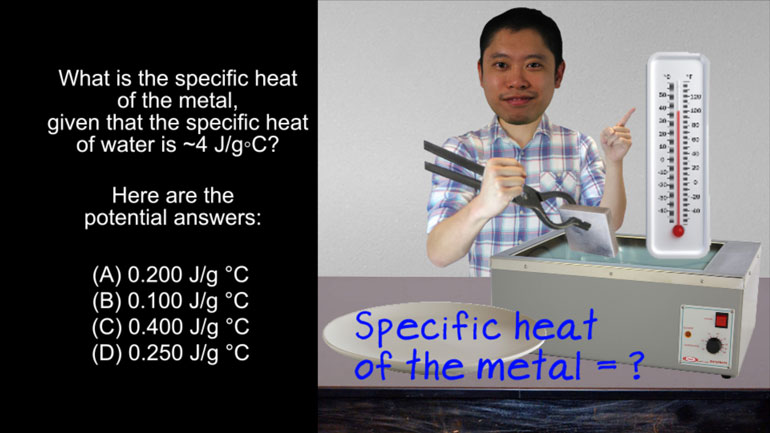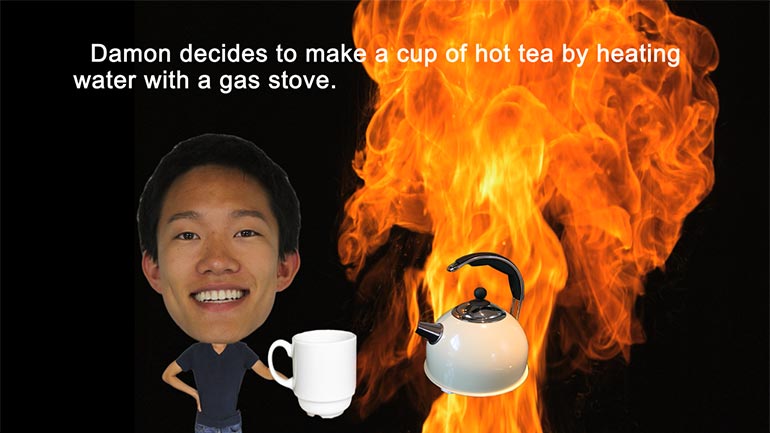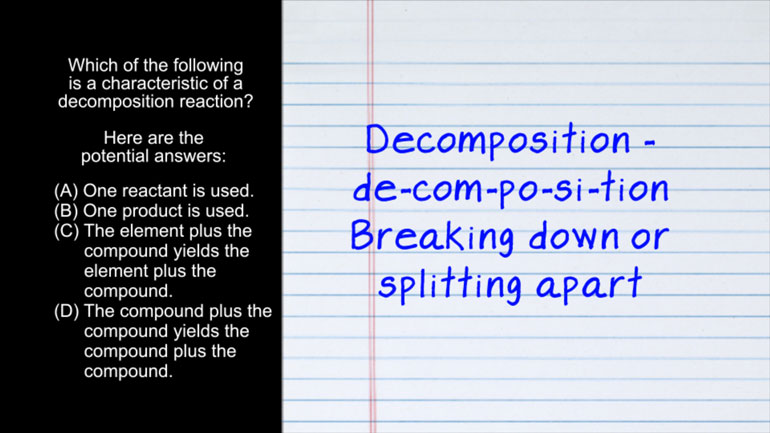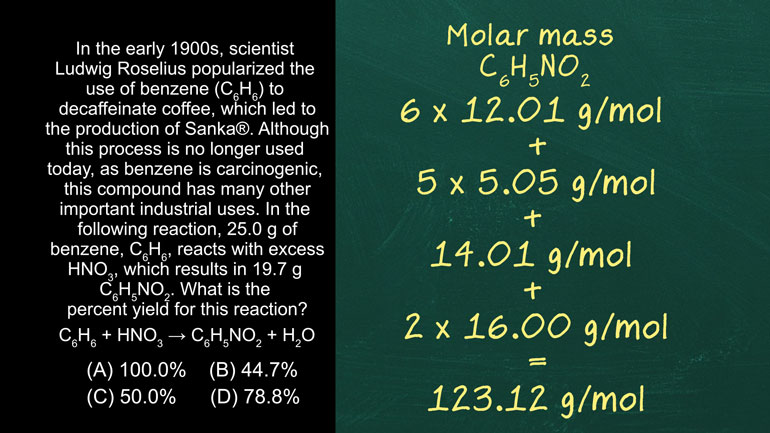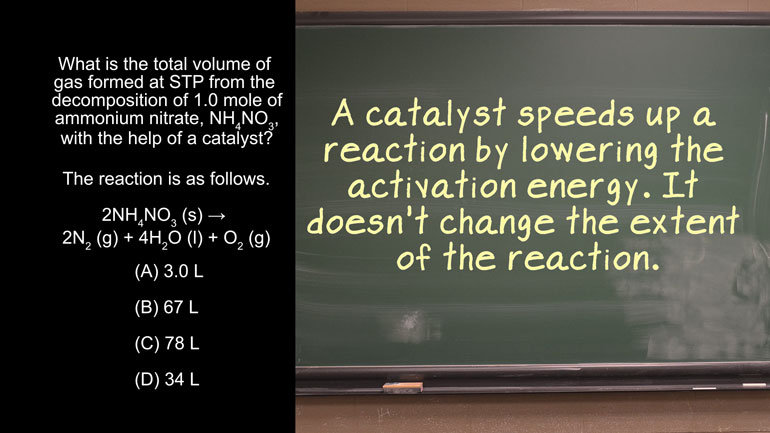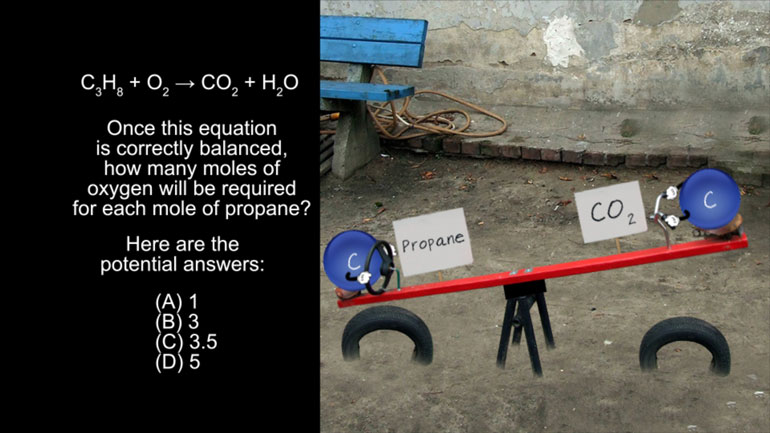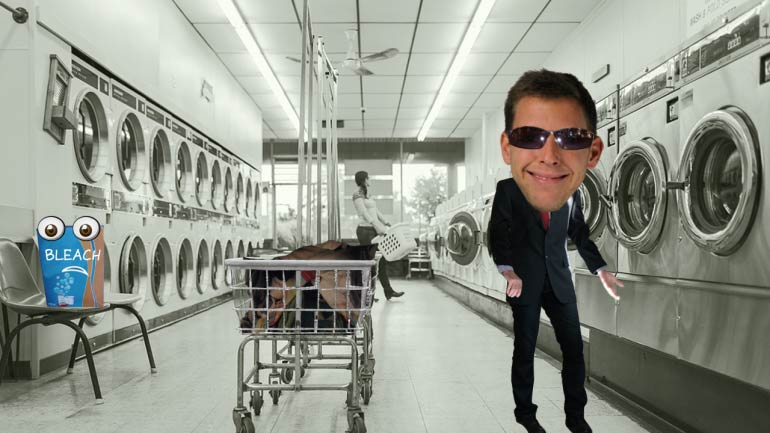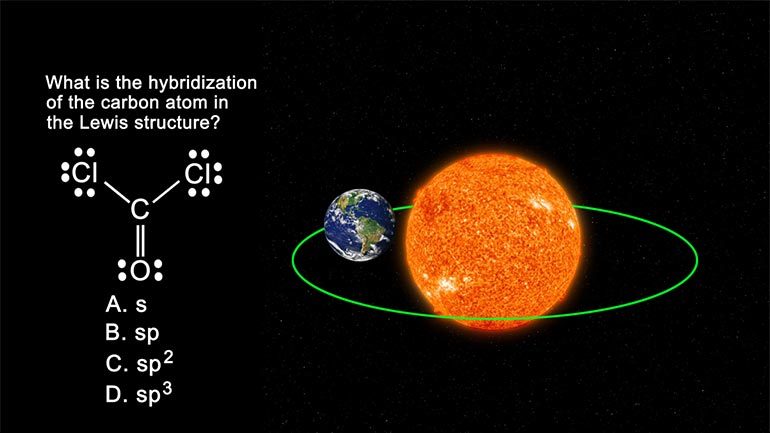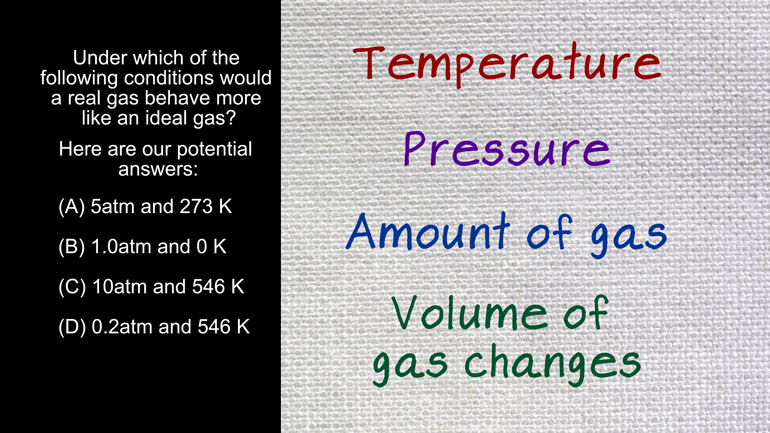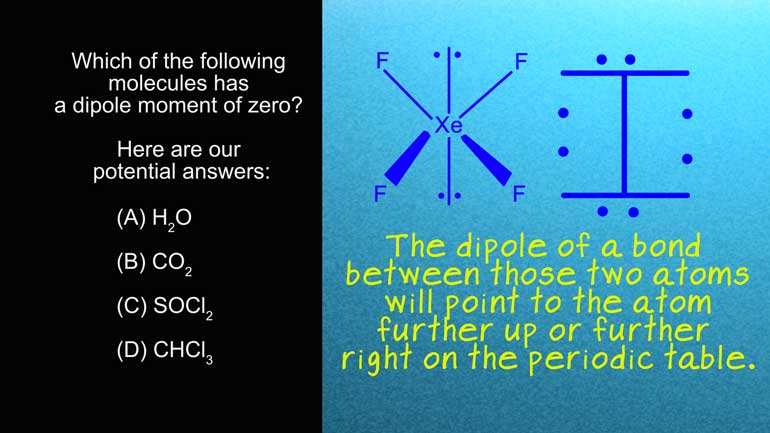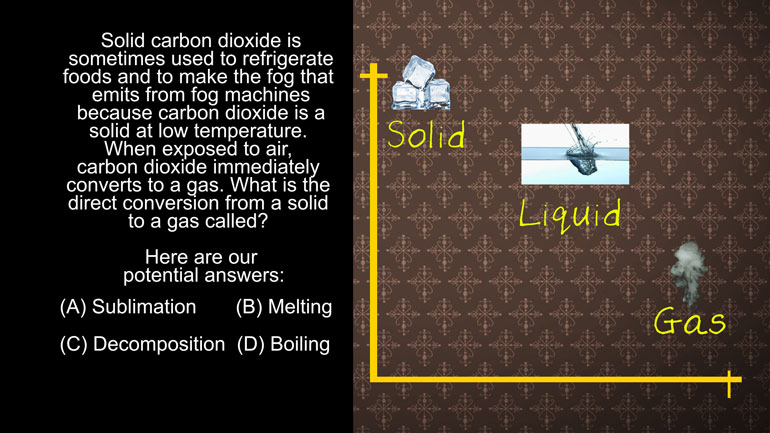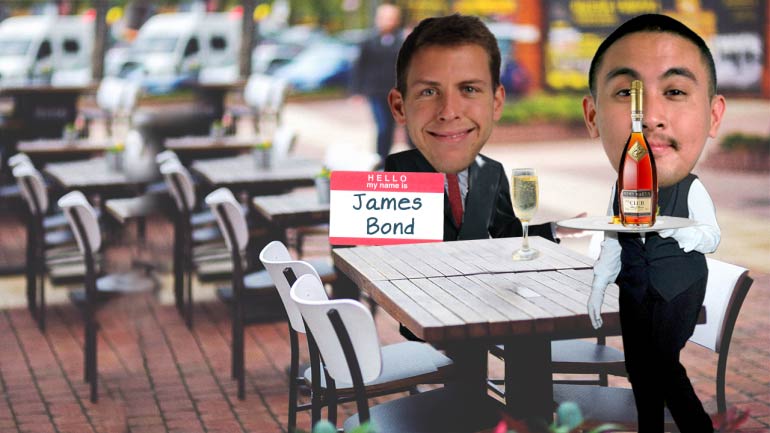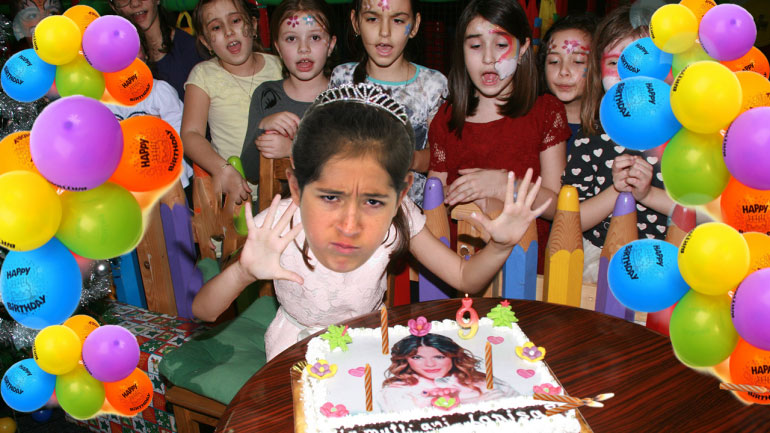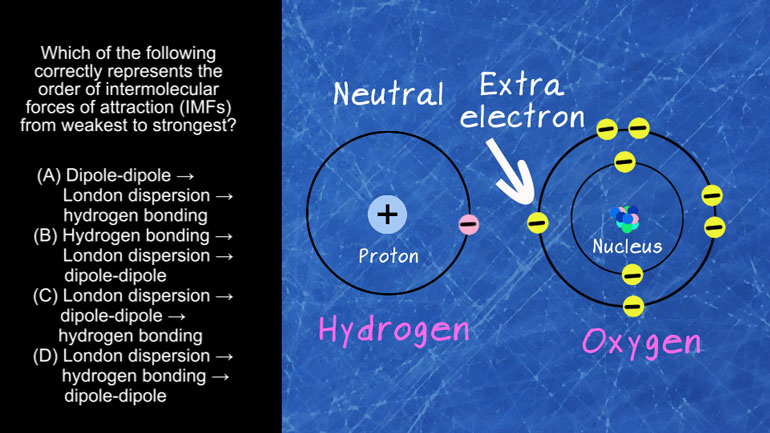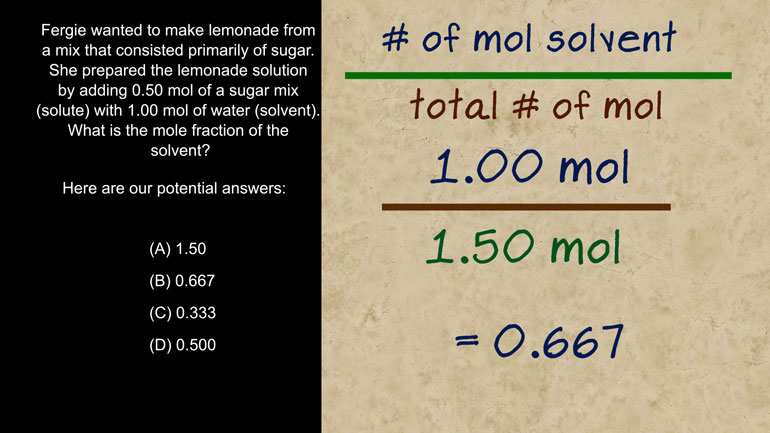ShmoopTube
Where Monty Python meets your 10th grade teacher.
Search Thousands of Shmoop Videos
AP Chemistry Videos
AP Chemistry 1.3 Chemical Reaction Rates. What is the overall order of the reaction?
Chemical Elements are Building Blocks Videos 1 videos
AP® Chemistry: Chemical Elements are Building Blocks Drill 1, Problem 2. Using this table, which of the following is an isotope of Atom 1?
Chemical Reaction Rates Videos 15 videos
Time to calculate some half-life. And no, you can't only half-pay attention.
AP Chemistry 3.4 Chemical Reaction Rates. What fraction of a reactant remains after four half-lives of a first order reaction?
AP® Chemistry: Reaction Rates Drill 1, Problem 1. Which of the following influences the rate of a chemical reaction?
Document Based Question Videos 1 videos
AP Chemistry DBQ/Free Response. Perform the following calculations.
Forming and Breaking Bonds Videos 6 videos
AP® Chemistry: Forming and Breaking Bonds Drill 1, Problem 2. Which of the following substances is soluble in water?
AP Chemistry 1.3 Forming and Breaking Bonds. Which of the following ions are spectator ions?
AP Chemistry 2.2 Forming and Breaking Bonds. Find the pOH.
Laws of Thermodynamics Videos 15 videos
AP® Chemistry: Laws of Thermodynamics Drill 1, Problem 1. Which equation represents the heat of formation for Calcium Chloride?
AP Chemistry 2.2 Laws of Thermodynamics. What is the ΔG and the spontaneity of the reacton?
Rearrangement and Reorganization of Atoms Videos 7 videos
AP® Chemistry: Rearrangement and Reorganization of Atoms Drill 1, Problem 1. Which of the following sets of coefficients correctly balances t...
AP Chemistry 3.5 Rearrangements and Reorganization of Atoms. Which of the following is a characteristic of a decomposition reaction?
AP Chemistry 2.1 Rearrangements and Reorganization of Atoms. What is the percent yield for this reaction?
Structure and Arrangement of Atoms Videos 9 videos
AP Chemistry: Structure of Atoms Drill 1, Problem 5. What is the hybridization of the carbon atom in the Lewis structure?
AP Chemistry 2.5 Structure and Arrangement of Atoms. Under which of the following conditions would a real gas behave more like an ideal gas?
AP Chemistry 3.5 Structure and Arrangement of Atoms. Which of the following is true regarding solids?
